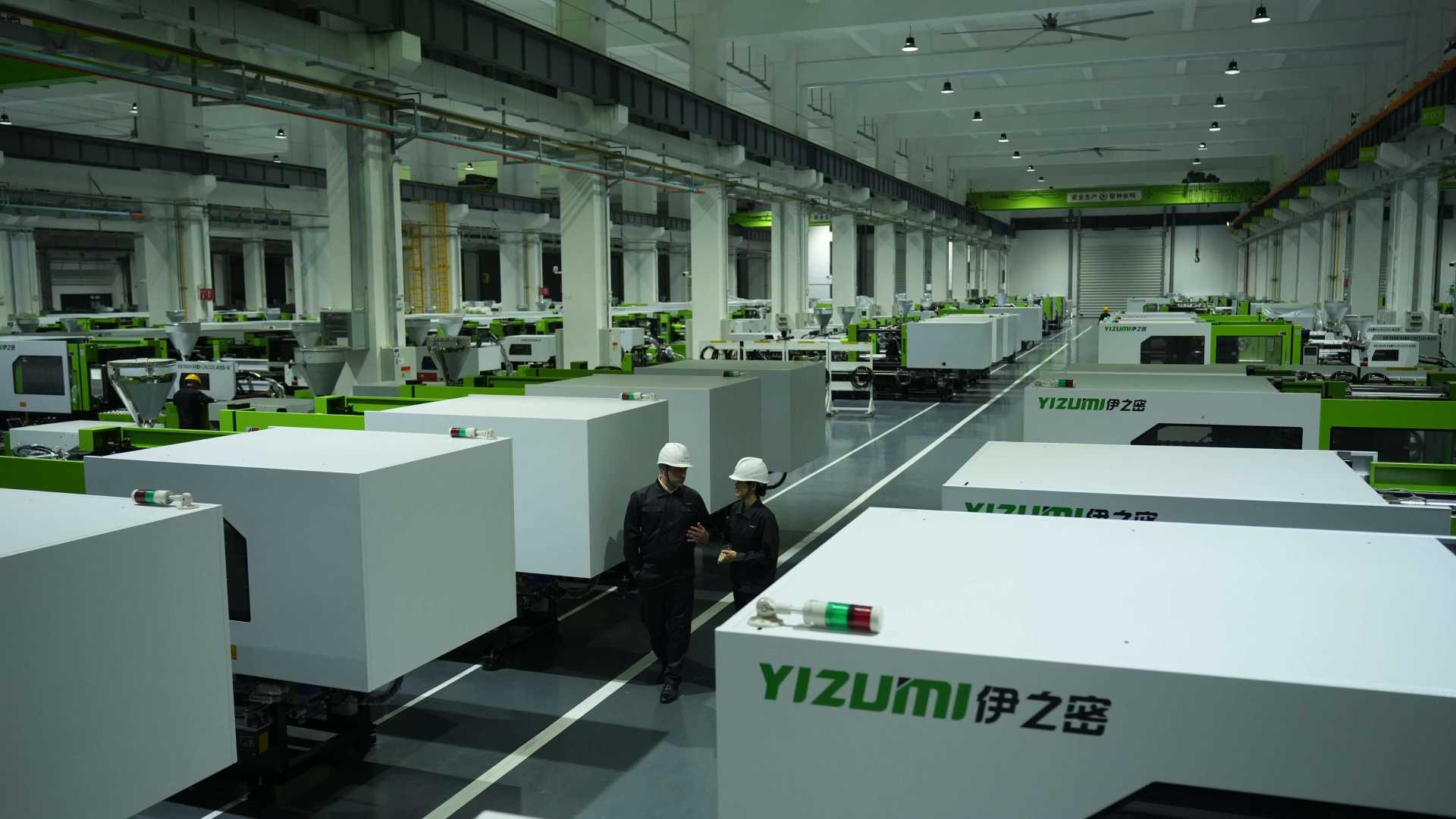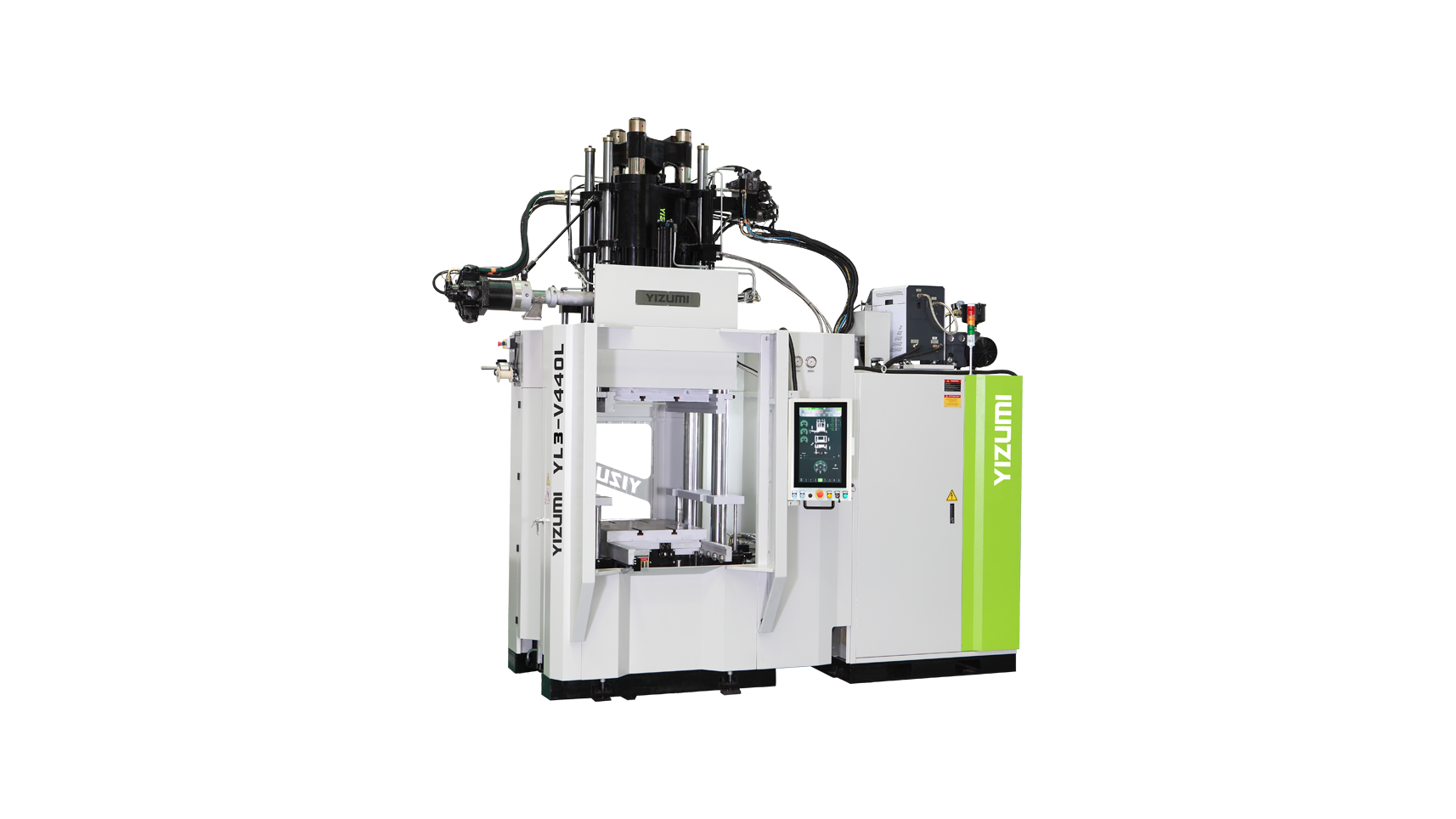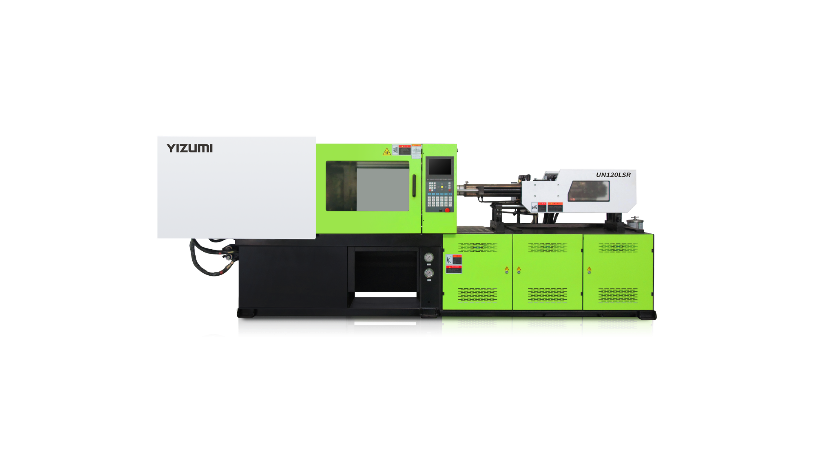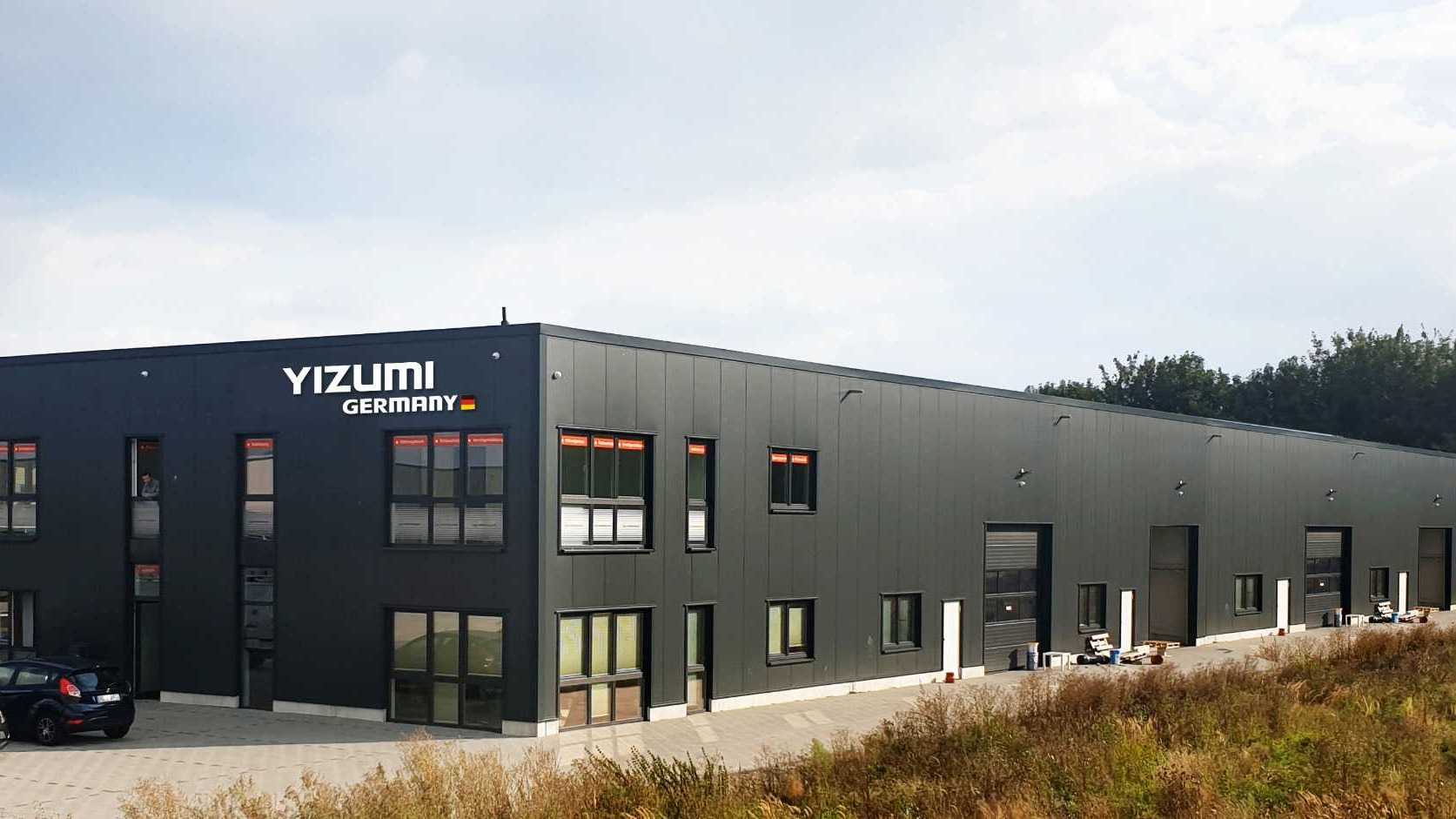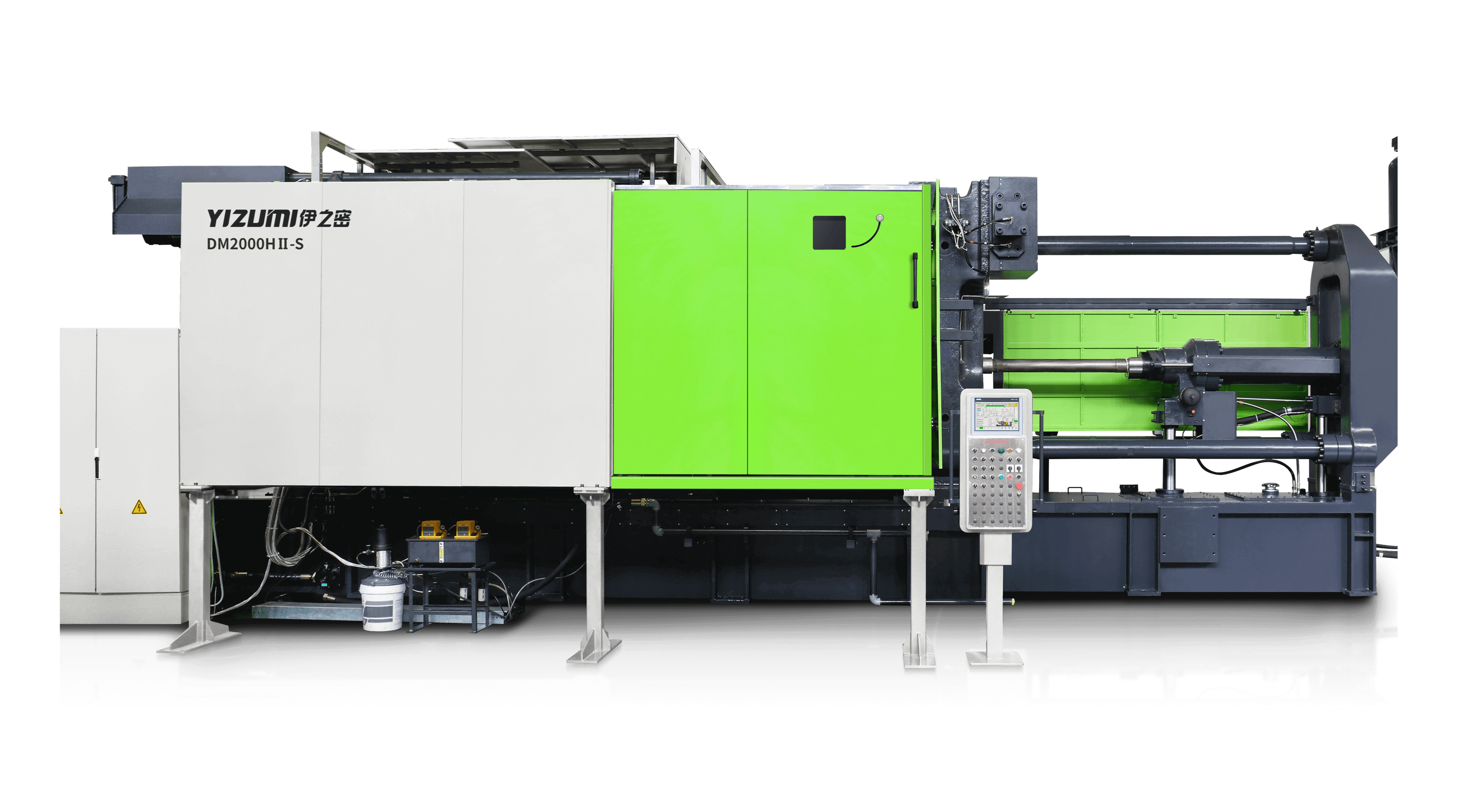Cold Chamber Die Casting Machines: Key to High-Volume Metal Casting
Abstract:
Cold chamber die casting stands out for its ability to handle high-melting-point metals like aluminum, magnesium, and copper alloys with exceptional consistency and structural integrity. If you're a business looking for a scalable, robust, and energy-efficient metal casting solution, cold chamber die casting machines should be at the top of your list.
In industries where precision, strength, and efficiency define product quality, cold chamber die casting machines have become an essential technology. As the demand for high-volume production of metal components rises across sectors such as automotive, aerospace, and industrial manufacturing, choosing the right die casting equipment becomes more than just a technical decision—it’s a strategic investment.
Cold chamber die casting stands out for its ability to handle high-melting-point metals like aluminum, magnesium, and copper alloys with exceptional consistency and structural integrity. If you're a business looking for a scalable, robust, and energy-efficient metal casting solution, cold chamber die casting machines should be at the top of your list.
What is Cold Chamber Die Casting?
Cold chamber die casting is a process used primarily for metals that have too high a melting point for hot chamber systems. In this method, molten metal is poured into the injection system (or "shot sleeve") from a separate furnace. A hydraulic piston then forces the metal into a steel mold (or die) at high pressure.
This technique ensures minimal contamination and greater mechanical strength in the final cast products. It is particularly suited for aluminum, magnesium, and copper-based alloys—metals commonly used in automotive frames, electronic housings, and structural parts that require both lightweight and durability.
High-end Cold Chamber Die Casting Machine(180-900T)
Why Cold Chamber Die Casting Machines Are Ideal for High-Volume Production
1. Durability Under Pressure
Cold chamber die casting machines are engineered to handle extreme forces repeatedly. This is crucial in high-volume settings where the same part must be replicated thousands—or even millions—of times without losing dimensional accuracy or material properties. High-end cold chamber die casting machines are designed to perform consistently under high clamping forces, often ranging between 1,000 to 9,000 tons.
2. Enhanced Product Quality
One of the biggest advantages of cold chamber die casting is the excellent surface finish and tight dimensional tolerances it delivers. Products often come out of the mold with minimal need for secondary machining, saving time and cost in post-processing. Additionally, the process produces parts with a dense molecular structure, increasing their strength and reliability.
3. Material Versatility
With the capability to process high-melting-point alloys, cold chamber systems are indispensable for sectors that demand performance-grade materials. Automotive manufacturers rely on these machines for engine blocks and transmission cases, while consumer electronics companies use them for heat-resistant housings.
4. Energy and Process Efficiency
Modern cold chamber die casting machines are far more energy-efficient than earlier generations. Servo-driven hydraulic systems, improved cooling, and real-time process monitoring allow businesses to lower energy consumption while maximizing output. Less energy usage means lower operational costs—a key metric for any production manager.
5. Scalability for Business Growth
Cold chamber die casting machines are highly scalable. With tonnage capacities ranging from small-scale production to mega tonnage for industrial giants, businesses can select equipment that aligns with their growth trajectory and project scope.

Die Casting For Auto Part Housing
Key Features to Look for in a Cold Chamber Die Casting Machine
When choosing a cold chamber die casting machine, keep an eye on the following core features that define long-term value and performance:
Die locking force capacity: The higher the tonnage, the more pressure it can withstand, allowing for more complex and larger molds.
Cycle time efficiency: Shorter cycle times mean more parts per hour and better utilization of machine uptime.
Hydraulic drive systems: Look for systems with advanced hydraulic design for faster injection and consistent pressure control.
HMI (Human-Machine Interface): Modern HMIs should offer intuitive control, maintenance alerts, and real-time diagnostics for simplified operation.
Safety and compliance: Ensure machines follow international safety and control standards for secure and sustainable operation.
Industries Benefiting from Cold Chamber Die Casting
Automotive: Critical components such as engine blocks, wheels, transmission parts, and chassis elements benefit from the strength and precision cold chamber die casting provides.
Aerospace: Lightweight yet durable structural components, including brackets and housings, are produced to meet strict weight and safety standards.
Electronics: Heat sinks, frames, protective casings, and intricate connectors are manufactured with excellent thermal conductivity and precision.
Machinery and Tools: Precision housings, durable mechanical parts, and complex tooling components are crafted for reliability and long service life.
Cold chamber die casting machines support both rapid prototyping and full-scale production, enabling businesses to meet tight deadlines without compromising on quality or consistency.
YIZUMI HII-S Series High-End Cold Chamber Die Casting Machine (1000–5000T)
For companies ready to scale up or upgrade their die casting capabilities, the YIZUMI HII-S series offers a world-class solution. This high-end cold chamber die casting machine is designed to deliver efficiency, precision, and reliability for demanding industrial environments.
YIZUMI High-End Cold Chamber Die Casting Machine (1000–5000T)
Clamping Unit: Featuring a re-designed high-rigidity platen based on FEM analysis, the system ensures even force distribution and tool protection. The auto die height adjustment supports stability during continuous operation, while the six tie-bar design (from 2500T upwards) guarantees smooth and fast die movement for improved cycle times.
Injection Unit: It has improved pressure build-up time by over 30%, enhancing response during the injection phase. With precision improved by 20%, this cold chamber die casting machine ensures switch-over accuracy with minimal deviation—perfect for high-precision casting requirements.
Hydraulic Drive System: The third-generation servo drive reduces noise emissions by about 20%. Safety is prioritized with steel hose-collars on high-pressure lines, while an optimized oil tank structure boosts cooling and component lifespan.
Electrical Control System: An intuitive HMI system enhances control, and maintenance functions are designed for user-friendliness. YIZUMI’s QC package allows detailed process monitoring, curve recording, and parameter management—making casting quality easier to maintain and scale.
With die locking forces from 1000T to 9000T, this high-end cold chamber die casting machine from YIZUMI is ideal for both mid-sized and large-scale commercial casting projects.
Conclusion
Cold chamber die casting machines play a critical role in today’s mass metal manufacturing industries. They provide unmatched flexibility, durability, and cost-efficiency, enabling businesses to stay competitive and meet ever-growing demands for metal parts that are both strong and lightweight.
For buyers and industrial projects seeking the highest quality and reliability in their casting operations, investing in a well-engineered solution like the YIZUMI HII-S series cold chamber die casting machine could be the key to unlocking new levels of production performance. Explore how YIZUMI can support your business goals with smart, scalable die casting solutions!
